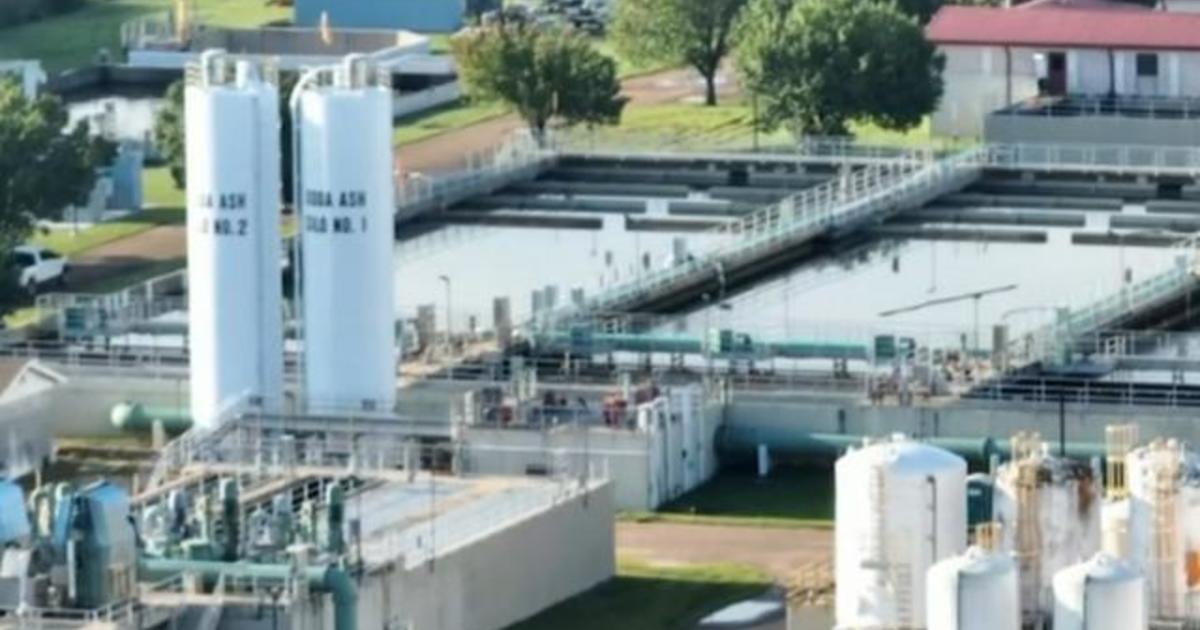
Congress investigating Jackson water crisis and Mississippi's use of $10 billion in federal funds
CBSN
Congress is investigating the crisis that left 150,000 people in Mississippi's capital city without running water for several days in late summer, according to a letter sent to Gov. Tate Reeves by two Democratic officials.
Reps. Bennie Thompson, of Mississippi, and Carolyn Maloney, of New York, sent the letter Monday requesting information on how Mississippi plans to spend $10 billion from the American Rescue Plan Act and from the Bipartisan Infrastructure Law, and $429 million "specifically allotted to enhance the state's water infrastructure."
The letter indicates "the start of a joint investigation" by the House Homeland Security and the Oversight and Reform committees into a crisis that deprived Jackson's 150,000 residents of running water for several days in late August and early September, Adam Comis, a staffer for the committee, told The Associated Press.
